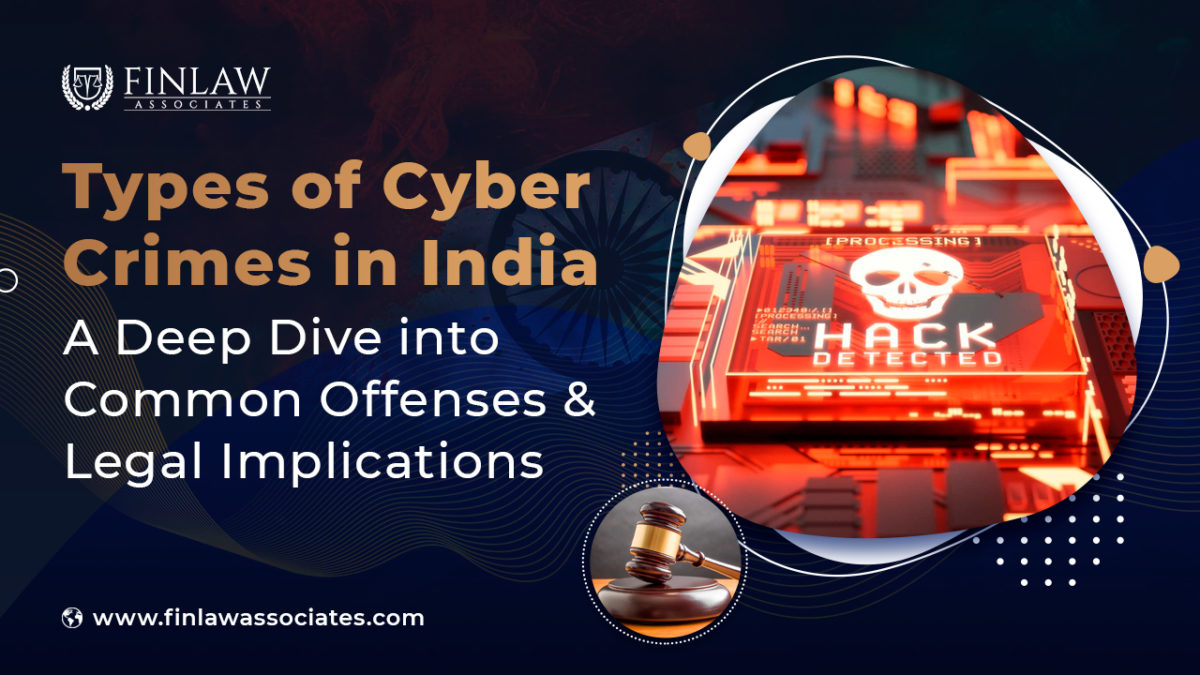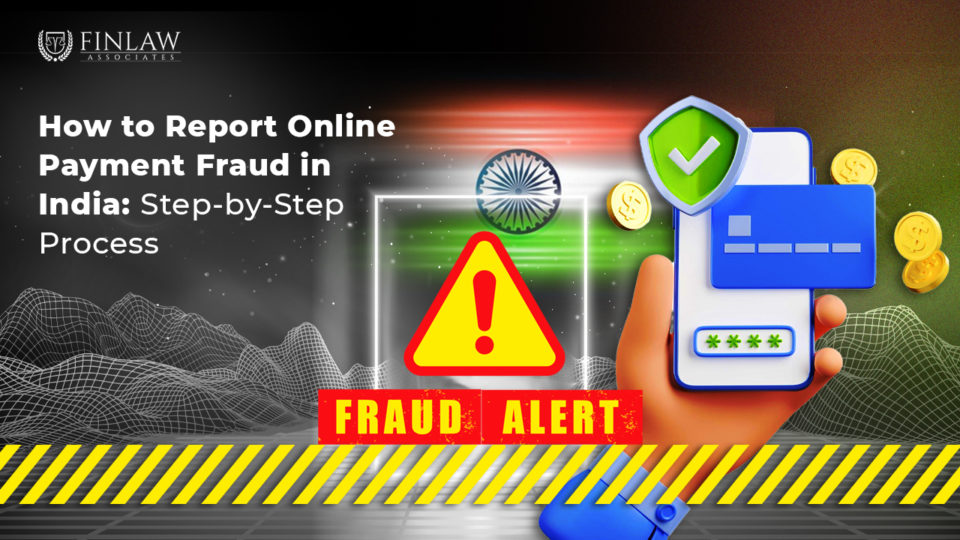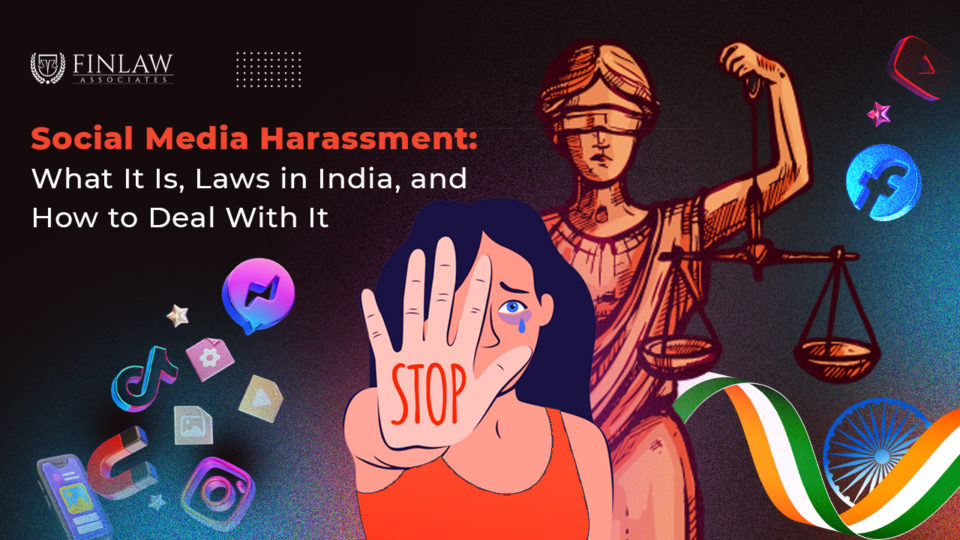
Cyber Crime Punishment in India: Understanding Laws, Penalties, and Legal Recourse
October 22, 2024
Role of ISPs and Social Media in Curbing Cyber Pornography
November 19, 2024
With the rapid integration of technology in every aspect of daily life, cyber crimes have risen sharply in India. Understanding the types of cyber crimes and their associated legal implications can help individuals and businesses protect themselves. This article will explore various types of cyber crimes under the Information Technology Act, 2000, and relevant laws, offering insights into each category’s legal framework.
1. Hacking and Unauthorized Access
Definition and Nature of Crime
Hacking refers to gaining unauthorized access to computer systems or networks with the intent to exploit, damage, or steal data. Hacking remains one of the most prevalent cyber crimes in India, often executed through techniques like phishing, malware, or brute-force attacks.
Relevant Legal Framework
Under the Information Technology (IT) Act, 2000, Section 66 is dedicated to unauthorized access and data theft. Section 66B outlines the punishment for dishonestly receiving stolen computer resources or communication devices, with penalties including imprisonment of up to three years and fines.
Consequences
The legal repercussions are severe, as hacking not only violates privacy but also threatens national security when targeting government networks. With stricter amendments introduced over the years, hacking offenses now attract more stringent penalties.
2. Identity Theft
Definition and Nature of Crime
Identity theft involves stealing another person’s identity by accessing personal information, often leading to financial fraud or criminal impersonation. This crime may include stealing identification numbers, online banking details, or other sensitive data to carry out unauthorized transactions.
Relevant Legal Framework
Under Section 66C of the IT Act, identity theft is clearly outlined, punishing individuals who fraudulently use electronic signatures, passwords, or any unique identification feature of another person. Convicted individuals face imprisonment for up to three years, along with fines.
Consequences
Identity theft has a lasting impact on victims, often resulting in financial loss and reputational damage. The legal framework is designed to deter individuals from misusing others' identities and to provide victims with a legal avenue for recourse.
3. Cyberstalking
Definition and Nature of Crime
Cyberstalking refers to persistent online harassment or monitoring of individuals, often crossing into personal boundaries, intimidating the victim, and causing emotional distress. Cyberstalkers may use social media, emails, or other digital platforms to follow their targets obsessively.
Relevant Legal Framework
Section 67 of the IT Act addresses acts of online harassment and obscene content. Further, the Indian Penal Code (IPC) Section 354D specifically covers stalking, including cyberstalking, focusing on the intention of the crime and the psychological impact on the victim.
Consequences
Cyberstalking laws have been strengthened to protect individuals from such harassment, with penalties that may include jail time of up to three years for the first offense and up to five years for repeat offenses. The victim's safety and mental health are considered paramount in these cases, with law enforcement agencies increasingly aware of this digital threat.
4. Online Fraud
Definition and Nature of Crime
Online fraud is a broad category encompassing any kind of fraudulent activity carried out using the internet. These include credit card scams, online shopping fraud, phishing attacks, and false claims made through social media and email.
Relevant Legal Framework
Sections 66D and 420 of the IPC specifically target cheating and deception in online transactions. The punishment includes imprisonment, fines, or both, depending on the severity and scale of the fraud.
Consequences
Victims of online fraud face immediate financial loss, often struggling to recover their funds due to the sophisticated methods criminals use. The legal framework seeks to punish these acts to the fullest extent, providing a preventive measure against the spread of digital fraud.
5. Phishing Scams
Definition and Nature of Crime
Phishing involves tricking individuals into providing sensitive information like passwords, credit card numbers, or other personal details by masquerading as a legitimate entity. Common phishing techniques include deceptive emails, fake websites, and impersonation of trustworthy brands.
Relevant Legal Framework
Section 66D of the IT Act covers cheating by personation through any communication device, including emails, texts, and websites. This section is often employed in cases where phishing scams are reported, with penalties that include imprisonment for up to three years and fines.
Consequences
Phishing is increasingly sophisticated, and while awareness is growing, many still fall victim to these schemes. Legal action against phishing aims to provide justice to victims and send a warning to cyber criminals who exploit trust for financial gain.
6. Cyberbullying and Harassment
Definition and Nature of Crime
Cyberbullying involves intimidating, harassing, or humiliating others through digital means. It is especially harmful to minors but can impact individuals of all ages. Cyberbullying includes hateful messages, offensive comments, and public shaming.
Relevant Legal Framework
Cyberbullying is addressed under Section 67 of the IT Act, which penalizes publishing obscene content, as well as under IPC Sections 506 and 507, which cover criminal intimidation and anonymous harassment. In the case of minors, the Protection of Children from Sexual Offences (POCSO) Act can also be invoked.
Consequences
Cyberbullying can lead to emotional and psychological harm, and it’s taken very seriously by Indian law. Cyberbullying penalties aim to discourage behavior that could result in severe mental health repercussions, and the law provides necessary remedies to seek justice for victims.
7. Cyber Espionage
Definition and Nature of Crime
Cyber espionage involves unauthorized spying on an organization or government entity to obtain confidential information. Often politically motivated, this type of crime can have national security implications.
Relevant Legal Framework
The IT Act, in combination with the Official Secrets Act, provides measures against cyber espionage, especially when sensitive government or military information is involved. Although not as common among civilians, businesses are often advised to implement strict cybersecurity measures.
Consequences
Cyber espionage penalties are stringent, as such acts are viewed as threats to national security. Legal consequences can include extended prison sentences for those found guilty, making it a high-risk crime with serious repercussions.
8. Spreading Malicious Software (Malware)
Definition and Nature of Crime
Malware, short for malicious software, is designed to disrupt, damage, or gain unauthorized access to computer systems. This includes viruses, ransomware, and spyware, often used to steal data, compromise networks, or sabotage systems.
Relevant Legal Framework
Section 66 of the IT Act addresses offenses related to introducing malware into computer systems, particularly with the intent to cause harm or data theft. The penalties include imprisonment and fines based on the extent of the damage caused.
Consequences
Malware can have devastating consequences for both individuals and organizations, resulting in financial losses, compromised data, and even operational shutdowns. Law enforcement agencies work closely with cybersecurity experts to trace and prosecute those behind such attacks.
Conclusion
India’s legal system is adapting to the rapidly changing cyber landscape by introducing stringent measures to combat cyber crimes. The Information Technology Act, 2000, along with relevant sections of the Indian Penal Code, provides a comprehensive legal structure aimed at deterring cyber criminals and protecting citizens. However, staying aware of these offenses and understanding the protections available under Indian law remains crucial for everyone using digital platforms.
For more information on the penalties associated with each type of cyber crime, visit our main page on Cyber Crime Punishment in India, where we provide an in-depth overview of the laws, penalties, and legal recourse available.
By educating ourselves on the risks and rights under the law, we can navigate the digital space more safely and responsibly.



